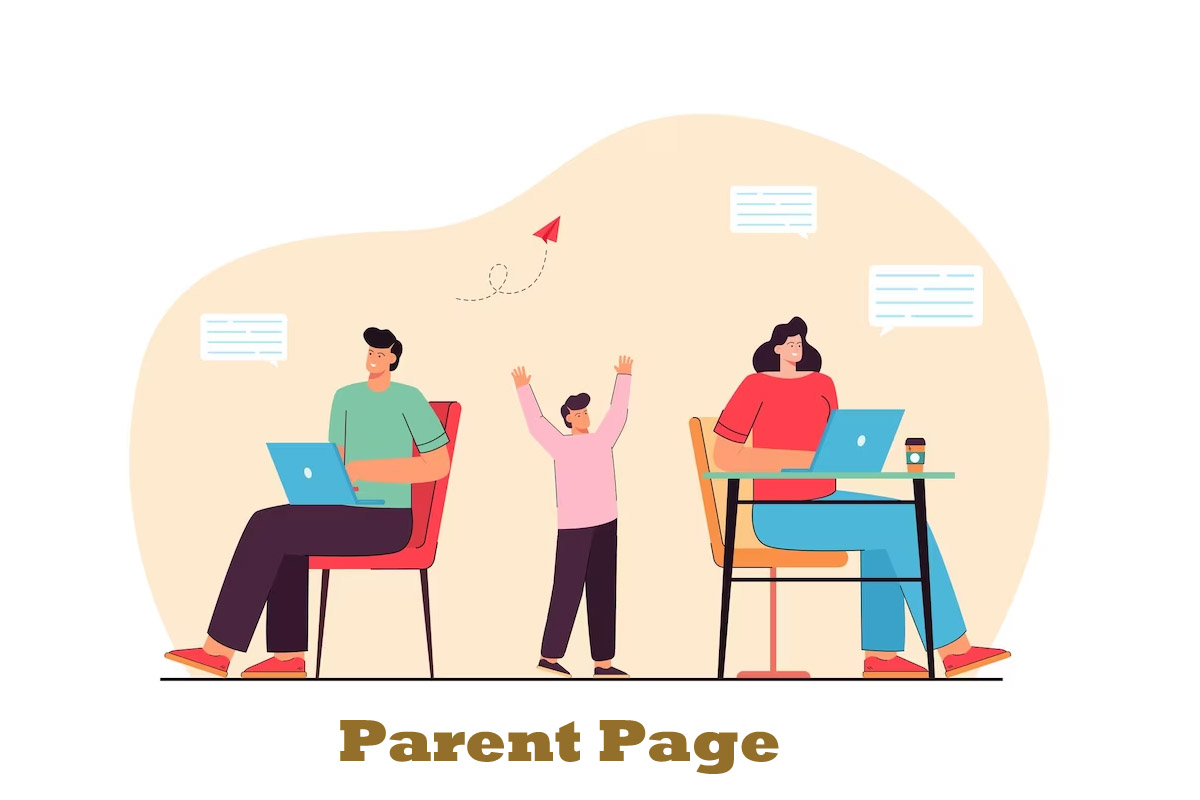Parent Page
The parent page is at the top of the page. It is the page hierarchy. It is the original page that also has a child page. You will only have a child page if you have a parent page. It will help you identify child pages with the help of passing its URL slug. Since our page is domain authority, every page will have “Domain Authority” in the URL. In wordpress, you can create a page hierarchy called Parent Page. It will help the authors keep track of pages and allow visitors to find different pages.
What is a Child Page?
A child page is under the parent page in the hierarchy. The child page will inherit its slug and will have access only through it. Or you need to enter the child page manually.
Suppose you have a child, page DA. So it goes like this “/domainauthority/DA.” This will make it easy to locate a page. Single-parent pages can drive multiple child pages, and there is no limit. And child page can also have a child page called a grandchild page.
How to Use Parent Page Correctly?
Creating a Parent Page:
- In the WordPress admin location, go to “Pages” and click “Add New” to generate a new page.
- Fill in the necessary information for the parent page, such as title, content, and featured image.
- Publish the parent page.
Creating Child Pages:
- While editing a new or existing page, find the “Page Attributes” section on the right-hand side.
- Look for the “Parent” dropdown menu and select the appropriate parent page for the child page you are creating.
- Fill in the content for the child page.
- Publish the child page.
Displaying Parent and Child Pages:
- Depending on your theme, the parent and child pages might automatically display in a hierarchical menu on your website’s navigation.
- If your theme doesn’t support automatic menus, you can manually create a custom menu in WordPress.
- Go to “Appearance” and click “Menus” in the WordPress admin area.
- Please create a new menu and add the parent and child pages.
- Assign the menu to a specific location on your website.
You can create a structured and organized website navigation system using parent pages. Visitors can easily understand the relationship between pages and navigate your content effectively. Remember that the availability and appearance of parent-child relationships can vary depending on your WordPress theme and specific customization options.
How Parent Page Impacts SEO?
Using the parent page can bring many SEO benefits to your website. But it would help if you used it correctly. It can also hurt SEO if you misuse these pages, like creating duplicate content. Let us briefly look at some of the benefits of a parent page on SEO:
The Content should be Appropriate
Website owners must create appropriate content for the keywords they want to rank related to their business or work niche. This is the most challenging and crucial part; it can cause problems if something goes wrong.
The child page should have accurate and unique content related to your parent page. For example, this page is about “On-Page SEO,” so the child page will be about title tags, meta descriptions, or internal links.
The parent and child pages should go hand in hand, or if it does not have related content, it will be hard for you to rank them. Not only this, it will affect your other page ranking, and this goes for any content you create on your website.
Getting More Clicks
Using parent pages, you create a logical hierarchy and structure for your content. This makes it easier for visitors to navigate your website and find the information they seek. When users can quickly and intuitively locate relevant content, they are likelier to click on the pages that interest them.
A well-organized parent page structure can positively impact your website’s SEO. Search engines like Google deliberate factors such as site structure, internal linking, and user experience when defining rankings. Suppose your parent page structure is well-designed and facilitates easy navigation and content discovery. In that case, search engines may perceive your site as more user-friendly and relevant, potentially improving rankings. Higher rankings can result in increased organic traffic and more clicks.
Conclusion
You can create a structured and organized website navigation system using parent pages. Visitors can easily understand the relationship between pages and navigate your content effectively.

